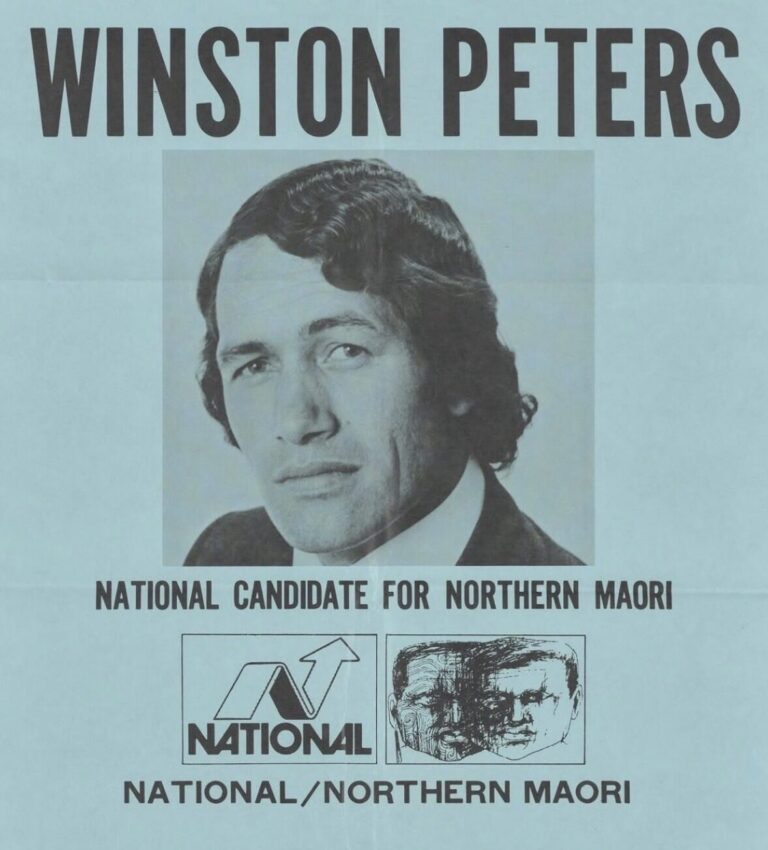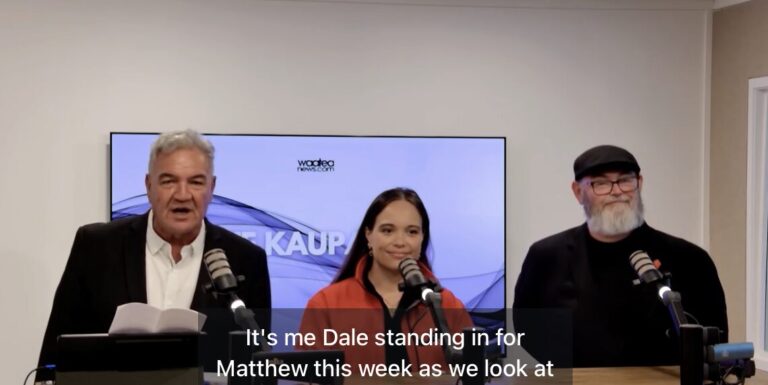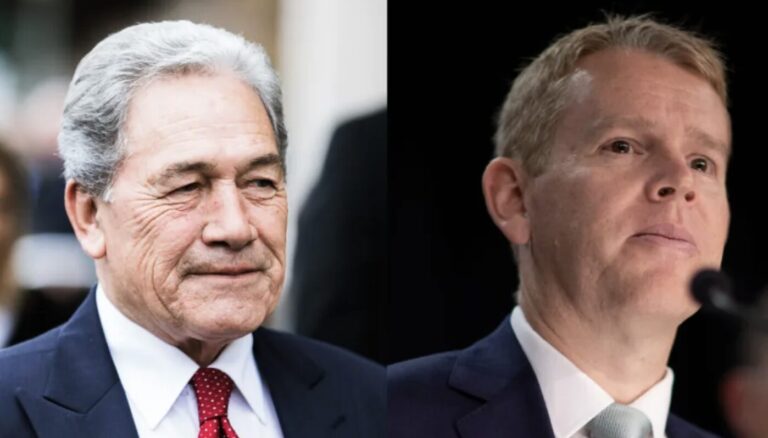The Political danger to National of their 3 Water’s blocked gutter
When National finally released their 3 Water’s policy, the surprise was how little detail there was.
It seems, as Rob Campbell pointed out, National were just trying to break through Labour’s dominance of the news cycle thanks to Chippy’s handling of post Cyclone response bye reminding their rump voters to hate co-governance.
It felt rushed as if National thought there was a Poll in the field and rushed out some uncosted user pays water policy that just took a swipe at Co-governance.
The problems was once National’s full user pays costs came out, the shock from many National supporter at what they will now be paying will be substantial.
-National Local Model $1,900 to $9,000 per year per household.
-Labour Amalgamated Model $800 to $1,640 per year per household.
How frightened by Māori are you?
$9000 a year frightened?
National rushed out policy and the sting of the real cost will burn voters.
The problem for National is that after all the shit they’ve whipped up in fear of Labour’s cross subsidy model, the reality is National’s user pays method will cost vastly more.
I love it.
Increasingly having independent opinion in a mainstream media environment which mostly echo one another has become more important than ever, so if you value having an independent voice – please donate here.
If you can’t contribute but want to help, please always feel free to share our blogs on social media.







Labour knows it cannot give control of the water to Maori while it is in the hands of councils hence the drive to grab control of water into the arms of the State. I do not understand why they want to do this as they are pleasing a small section of the voting public and upsetting many . There are so many problems to fix concentration on water is wrong and we need a total infrastructure overhaul with a new MOW to drive it.
Trevor, I wonder what you think is meant by the ‘partnership’ promised in the Treaty. Until National privatised 49% of the hydro assets all NZs owned the water (we even give it to foreign companies to profit from for free!) But now it has a value and Máori have rights to be present at the table as equal treaty partners – it’s surely that simple. If National had not sold the hydro we wouldn’t be in this situation.
Yes, agreed 100% a new MOW, and whilst we are about it an NZ Electricity Department.
Not only will it cost more it will not change a thing from the current dogs breakfast model.
The point of Nationals policy is that it won’t achieve what’s required. No council is going to raise water rates to $9000 ergo no council is going to undertake the necessary investment in infrastructure. I think this is by design. Major long term infrastructure requires a strong tax base and this is something National ideologically oppose. Most voters won’t object since their horizon is very limited and short term.
National’s policy should be renamed No-Waters.
For sure, but what it will do is ringfence funding for water infrastructure, preventing feckless councillors from pissing it away on ‘the arts’.
Besides, we already have a model that works – Watercare! The basic elements are:
1. Everyone gets a water meter. Like it or not. No more leaving hoses running on the lawn all day.
2. Everyone pays for the water they use, and this covers both drinking water and wastewater.
3. The money goes directly to Watercare.
Some people think this is a new problem, but NZ has been behind the eight-ball since its inception. A hundred years ago Queen Street was an open sewer and Auckland only got its first treatment plant in the 60’s. Until then the shit was all pumped out to Browns Island when the tide was going out. The ‘Notice to Mariners’ used to recommend that deck crew should wear face masks when entering Auckland harbour because of the No2s floating in the water! When I arrived here in 1995 most winter rains resulted in spills on the East Coast bays. I recall paddling my kayak through toilet tissue at Browns Bay. But over a period of about 20 years Auckland has slowly gotten its act together so that once the current phase of investment is complete (The Central Interceptor) we will be on top of it. So, it can be done.
Andrew, yes Watercare seems to be making progress. Comparing this success to others failures, I wonder if its size is the ‘success’ factor; this enabling resources and expertise that smaller entities can’t even dream about. Therefore would a Watercare model encompassing large regions, IE Three Waters, be benificial on a national level?
Given the apparent success of the co-governed Waikato River Authority I would also apply the same logic to the co-governance aspects of Three Waters.
You make a good point. Size does matter and is part of the problem in that small towns often don’t have the expertise to manage their assets. In fact, based on some of the projects I’ve done, even quite large towns in NZ are quite clueless in this regard!
So, they need technical support. This could be provided by a national consultancy panel alongside an auditing and reporting capability.
But before you rush off and say this would be expensive, bear in mind that Watercare doesn’t have any design or project management capability either – it’s all farmed out to consultants such as myself. Before retirement I worked on a number of Watercare projects as well as some ‘down country’.
Good points Andrew. We shouldn’t forget a few notable failures by Watercare that nearly caused Auckland to run out of water.
A national consultancy and compliance auditing seems very much like Three Waters to me. Just like the new national health service a new water service would just take on administering existing infrastructure.
Water care has more problems coming up. All the inner suburbs – Ponsonby, Remuera, Parnell, Grey Lynn, and other suburbs still have combined sewer/stormwater systems. It will cost water care billions to connect the streets to the central interceptor. Where is that money coming from – the ratepayers in south and west Auckland. Property owners will need to come up with $15k each to make their connections/separations.
That is all included in the Central Interceptor project.
Nikorima, I remain convinced that one of the major factors driving the super city creation was that the old Auckland City Council was facing huge infrastructure renwal costs that it could not carry alone. It needed new sources of revenue IE rates from newer suburbs.
Whichever management model we use, the cost of fixing the problem is the same. There is no fairy godmother to provide this money. so, regardless, the cost goes to the ratepayers or taxpayers.
One of the excuses for the 3 Waters proposal is to put the cost ‘off balance sheet’ but this is just an accounting fraud designed to make us look less debt ridden than we really are.
The costs to do the work maybe the same, what varies with any of the schemes, is the administration costs & overheads. The number of people on $100K+ salaries sitting on boards & committees that contribute nothing to getting the work done, and in some cases actively inhibit the work being done, that’s where a lot of money can be wasted, or saved. But if the whole idea (from either party) is to push towards privatization, then there is one loser, us
So far, most of their policies are to simply reverse everything. In other words, do fuck all as usual.
Do Nothing National.
ditto Bruce.
Of course what should happen is a ban on household charges, a ban on privatisation, complete local council control retained, and the years of underinvestment paid for with a one-time (high-earner) wealth tax.
The corporate donors can’t wait for it all to be privatised. Both parties will sell it all off unless the public revolts.
Nobody will care about the skin colour of the capitalists fleecing everyone through water bills.